FDA’s QMSR Recognising ISO 13485:2016: A New Era for MDR
Published Jul 25, 2024
Published 03rd June 2024

The Galien Forum 2024, led by Professor Sir Munir Pirmohamed, took place in the Science Museum in London on May 30th.
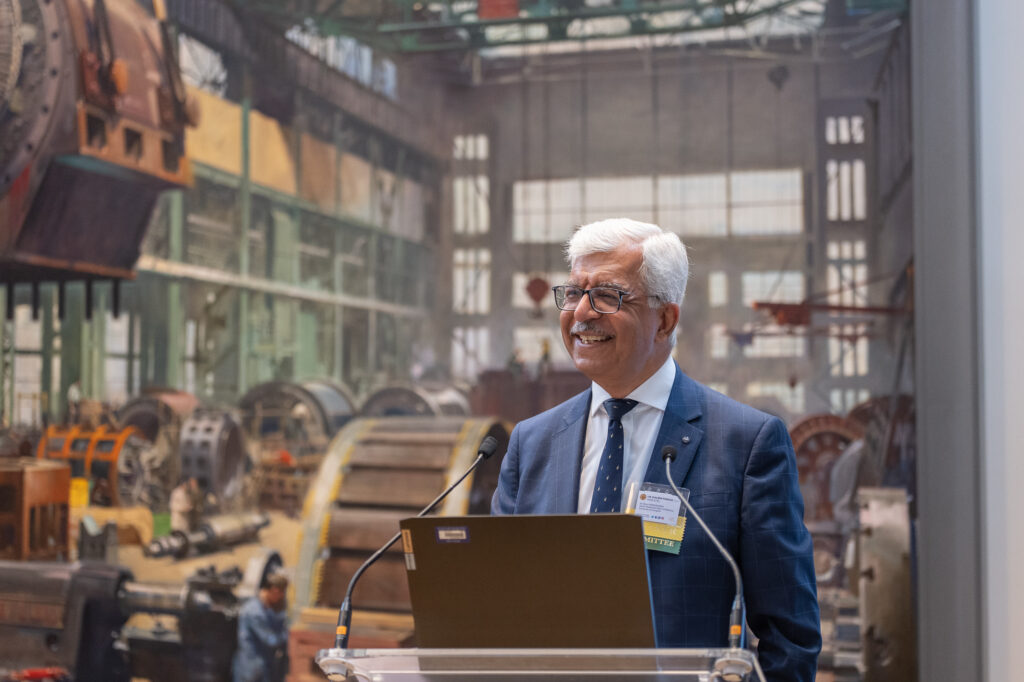
The first panel session was on involvement in the patient “No decision for me without me: Putting Patients at the Heart of Drug Development”. Dr Mel Walker curated and chaired the session, with panellists Robyn Bent (FDA), Dr Sarah Gheuens (Agios Pharmaceuticals), Dr Maria Vavris (EMA) and Elizabeth Vroom (World Duchenne Organisation).
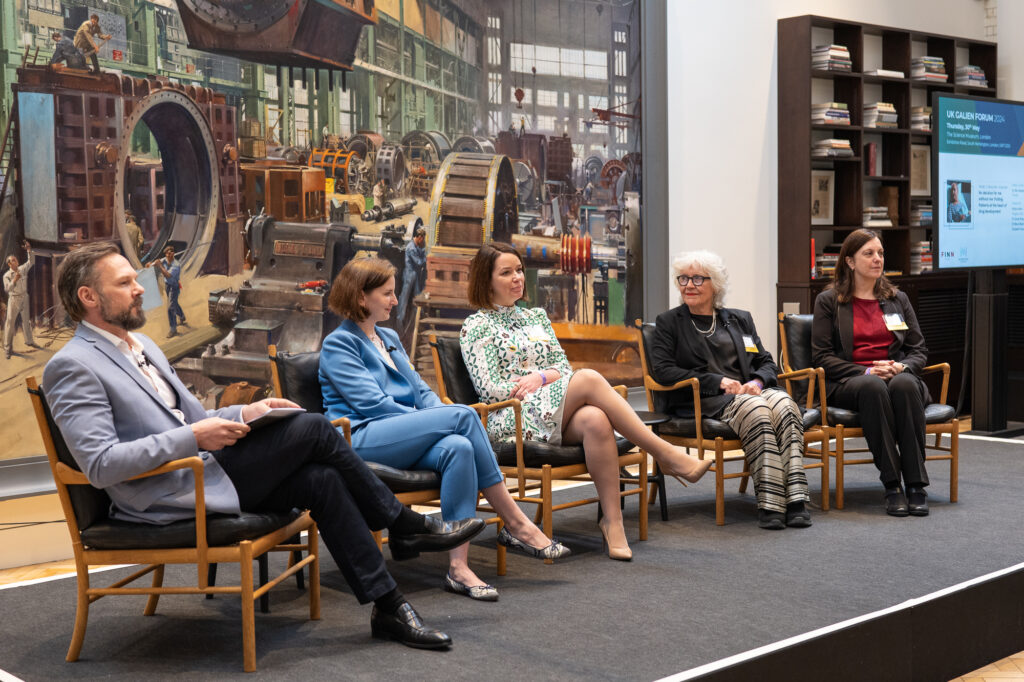
A challenge was given to the industry to ensure patients are brought into the drug development process and to ensure endpoints and risk-benefit decisions are relevant for the populations that will be treated.
Engagement with patients is critical to understanding what they need and want. The panel considered whether the regulatory process has evolved to account for the patient’s view. Patients now expect to be included in meetings. Scientific Advice procedures in the EU systematically involve them, and the patient voice impacted the outcome of advice in 20% of cases. Patients have an equal voice at the table; however, regulatory decisions are still based on all aspects.
The FDA started involving patients in 2012, and this informs the benefit-risk assessment. This evolved because trial endpoints were not meeting patients’ needs.
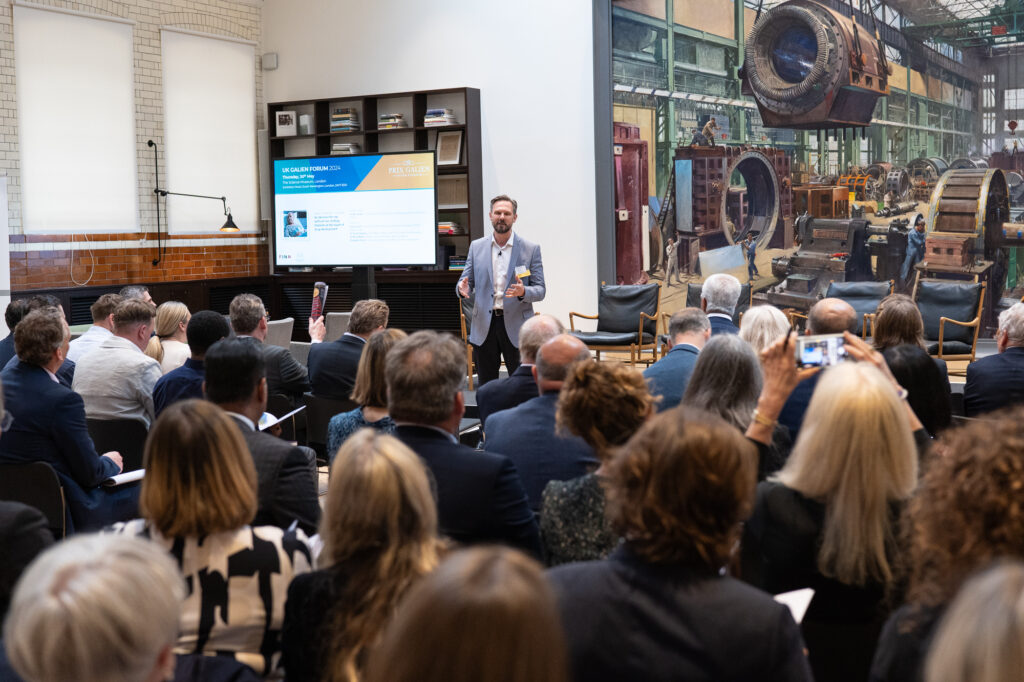
The panel considered the impact on the industry. In some organisations, though certainly not all, stakeholders are involved and influence R&D decisions through patient advisory boards. They consider endpoints that patients genuinely care about rather than making assumptions; for example, Duchenne patients want to raise their hands to the table so they can feed themselves; being ambulatory is not a realistic endpoint.
Another example for Duchenne patients: do not propose to collect muscle biopsies in patients being given a placebo! The industry was advised that it is far behind in the design space—pleasing shareholders is key, not helping patients—and that it should be honest about this.
For regulators, risk-benefit is important, and this is based on data, not emotions. Therefore, patient groups need to collect data to support their arguments. The example given here was that companies would often propose one comparator for a study, and sometimes they are unaware of the level of usage of an alternate comparator that patients might prefer – patient groups can collect data about product use and present this to influence advice decisions given by the agencies.
Another example of patients influencing the PROs for a study was a trial in sickle cell disease, where fatigue as an outcome was deemed as important for patients as the hospitalisation event of a pain crisis.
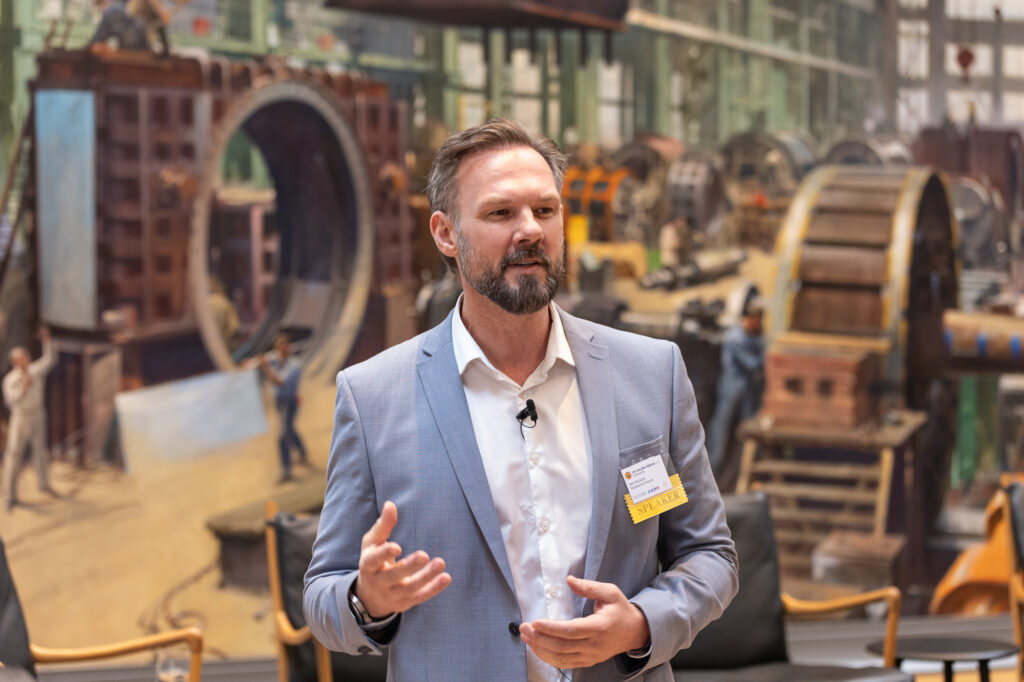
There are challenges in getting patient groups to accept that placebos are necessary in trials, so it’s important to engage with patient groups to explain the reasons and motivations, such as 2:1 randomisation and potential rescue therapies as well as access to drugs that are working after trials are completed.
In summary, the advice from the panel was to use the regulatory tools that are available to get patients engaged early in your development, collect data from patients if you are going to represent them at an agency meeting, start thinking about patients and do not assume what patients need and want, incorporate their thoughts and have them in mind at all times. Build the structure of your organisation to accommodate this. Do not leave it too late; it never works to bolt these things on halfway through development, and patients should be at the core!
The Galien Forum, now in its third year, is part of the Prix Galien UK’s annual celebration of excellence in the science of pharmaceuticals, vaccines, medical technologies and public health. The Forum offers a robust, open dialogue between top industry and academic researchers and policy leaders in government, healthcare organisations, regulation, professional associations and the broader patient community. Together with the evening Prix Galien awards recognising the best in UK medicine, the events reflect the worldwide mission of the Galien Foundation to improve the human condition through breakthrough innovations that progress our understanding of diagnosing, treating and curing disease.
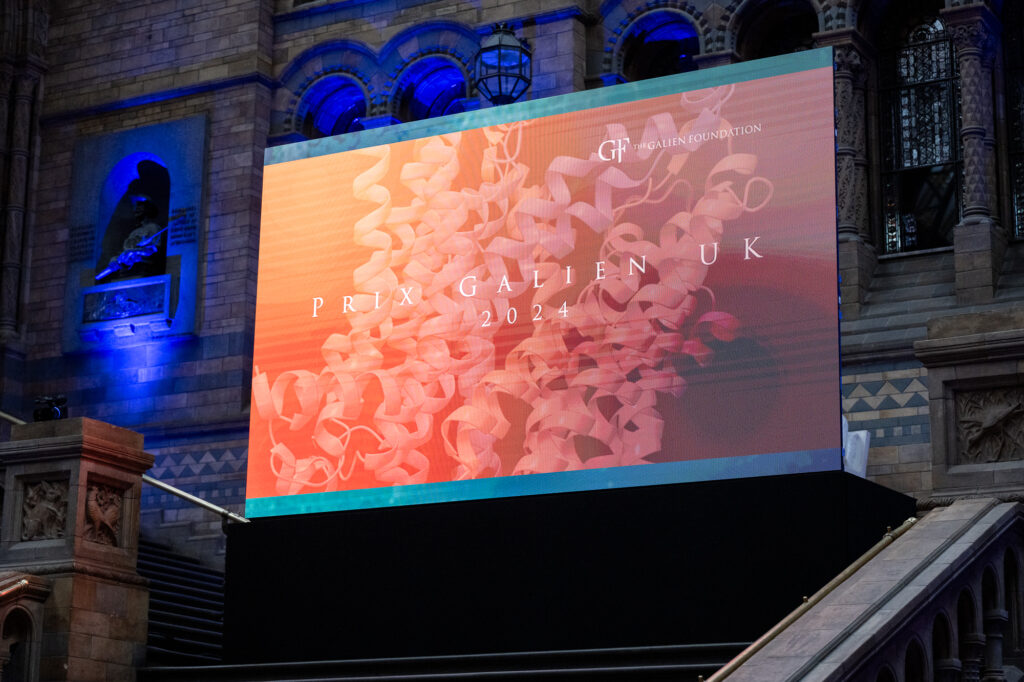
The Galien Foundation fuels global debate on health, acknowledges historical innovation, and raises public awareness. It fosters, recognises, and rewards excellence in scientific innovation that improves human health.
Founded in France 50 years ago by pharmacist Roland Mehl in honour of Galen, the father of medical science and modern pharmacology, the Prix Galien supports, recognises, and awards the efforts of scientists, researchers, and companies committed to advancing medical innovation that has the power to change the human condition. Worldwide, the Prix Galien is regarded as the equivalent of the Nobel Prize in biopharmaceutical research.
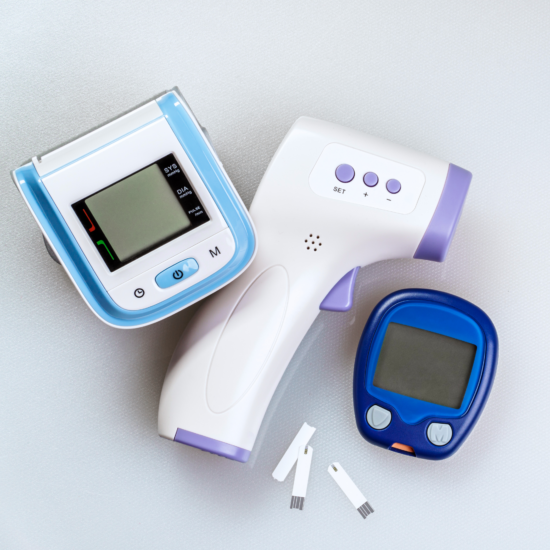
Published Jul 25, 2024
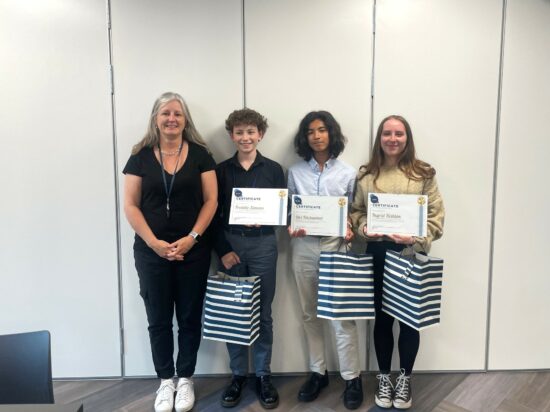
Published Jul 24, 2024
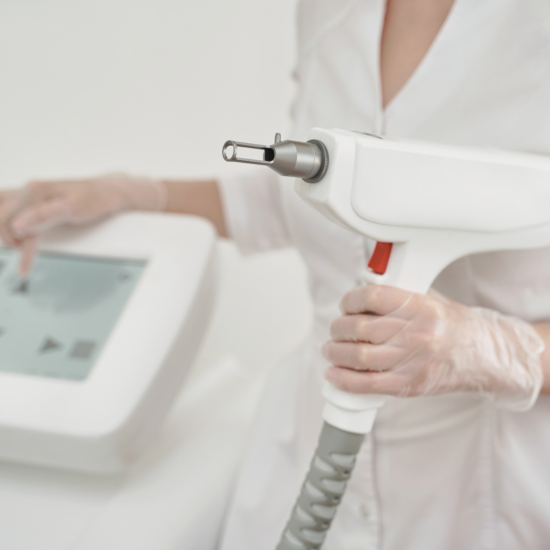
Published Jul 23, 2024

Published Jul 19, 2024

Published Jul 18, 2024

Published Jul 01, 2024

Published Jul 01, 2024

Published Jun 27, 2024
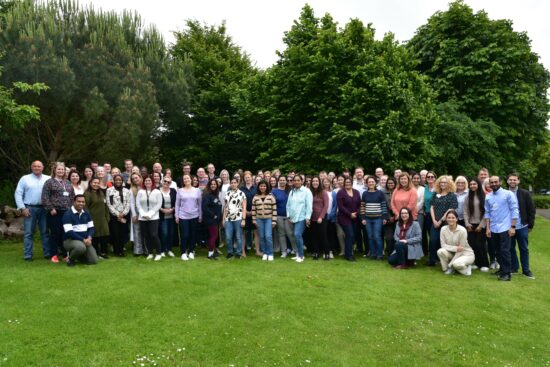
Published Jun 26, 2024